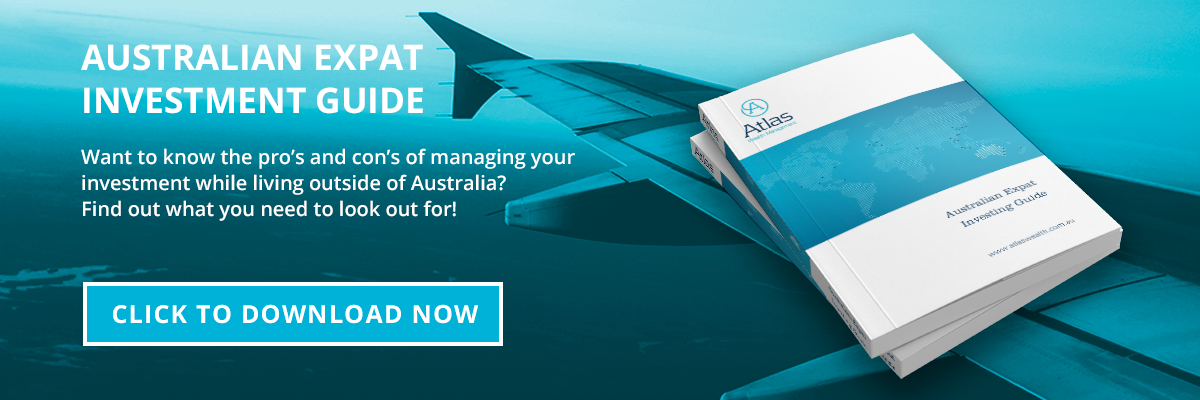What Is A Passive Foreign Investment Company Otherwise Known As A PFIC? – It’s only specific for U.S. citizens residing in Australia, dual nationals of U.S. and Australia, as well as Australian expats residing in the U.S.
A Passive Foreign Investment Company, or PFIC, as the definition states in the IRS’s tax code, is any foreign company or trust that produces 75% or more of its income through passive means, or 50% or more of its assets produce passive income.
If we want to just simplify what it really is, it’s any Australian managed fund, any Australian exchange-traded fund, listed investment company, or real estate investment trust.
The reason why these are classified as PFICs is because they’re treated as being foreign in nature from the IRS’s point of view, they’re not domiciled or listed in the U.S.
As an example BHP or Telstra are not PFIC’s because they are in the business of mining and telecommunications and they are a active business with no passive income.
The reason why we want to avoid these is because they attract quite a high rate of tax on the income, as well as potential unrealized, as well as realised capital gains, each tax year.
It was brought in back in the nineties as a way to disincentivize U.S. tax residents sending money overseas to invest.
Therefore, when you’re investing back in Australia and residing in the U.S. an Australian expat, you need to be mindful of this because there are avenues that you can take which are more tax-efficient to keep growing your overall wealth compared to exposing yourself to PFICs, both in your investment account, or investment portfolio, or sometimes even within superannuation in the event it’s treated as a foreign grantor trust.

